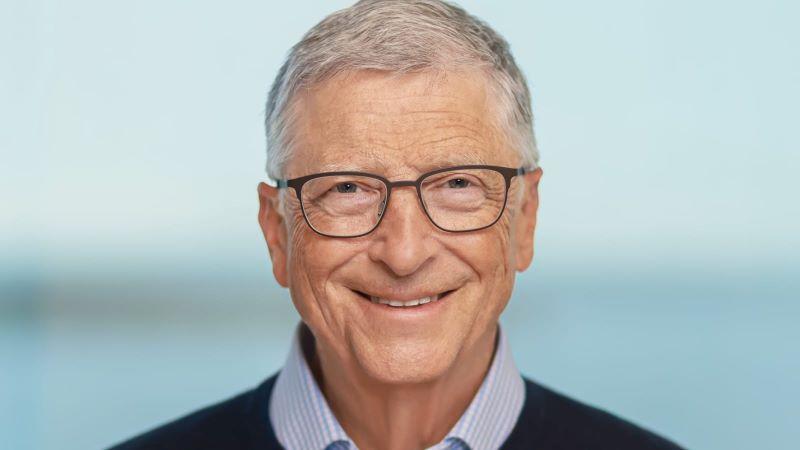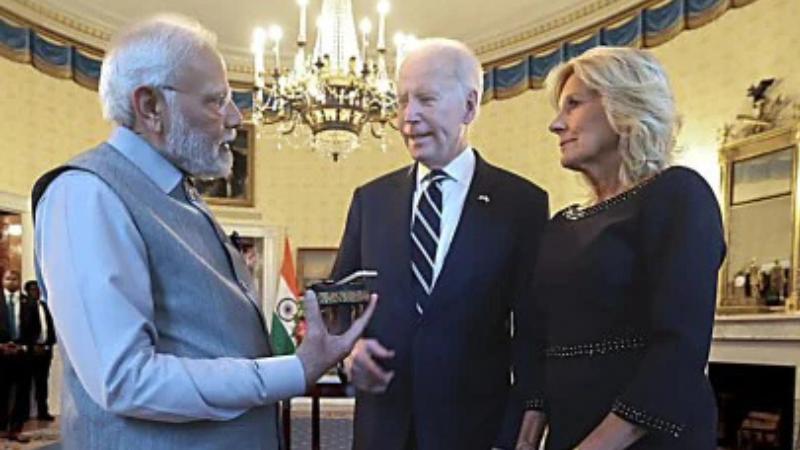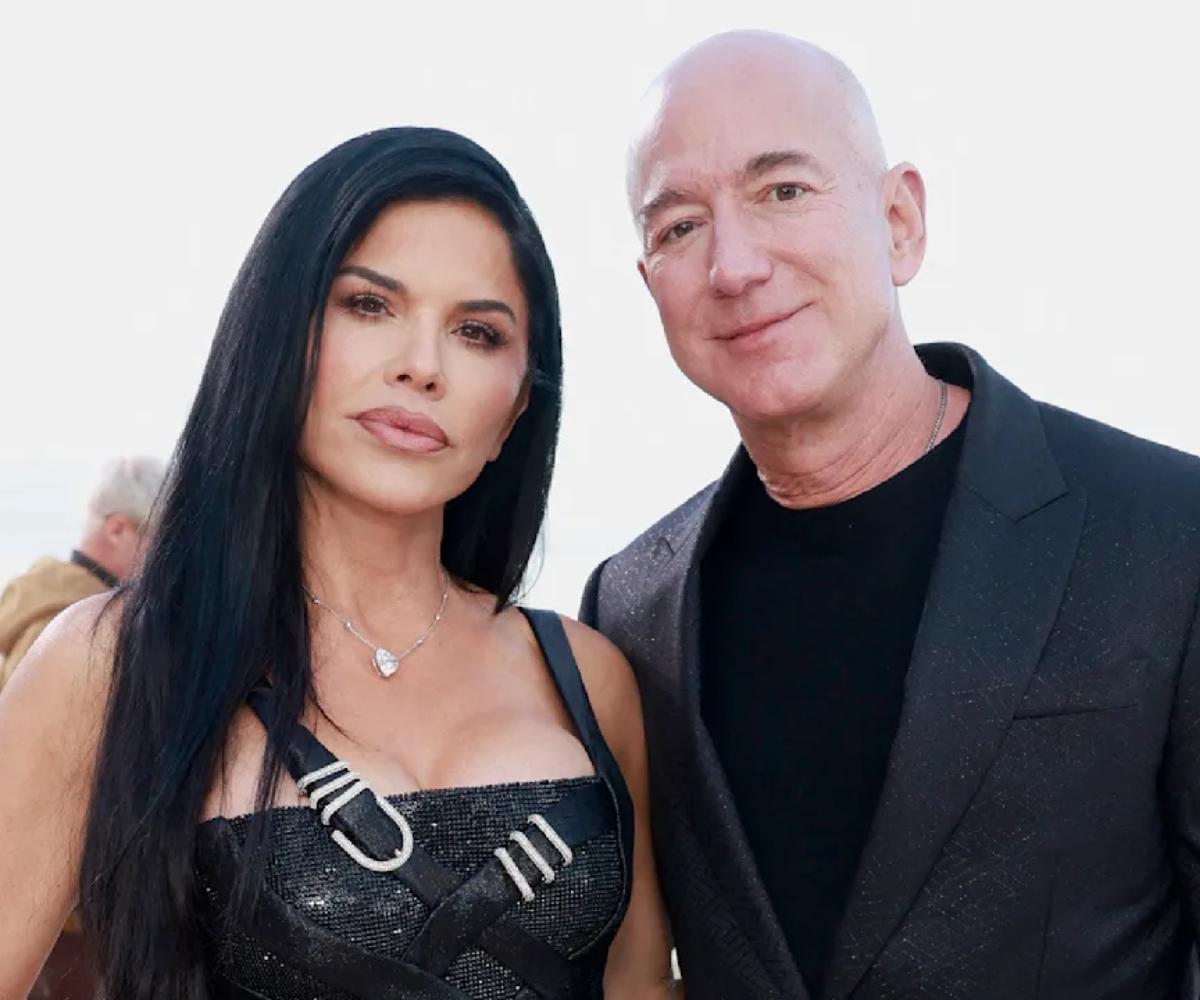
- devara
- 27 Feb 2025 06:13 AM
- #Bill Gates #Microsoft history #Paul Allen #early tech careers #Honeywell job offer
As an 18-year-old Harvard freshman, Bill Gates had multiple job offers from major tech companies like General Electric, Digital Equipment Corporation (DEC), and Honeywell. While these offers boosted his confidence, Gates acknowledges that accepting any of them could have altered the course of his life—potentially delaying or even preventing the creation of Microsoft, which is now a $3 trillion tech giant.Gates details this pivotal phase of his life in his new memoir, Source Code, published earlier this month.
The Job Offers That Could Have Changed Tech History
In the early 1970s, Gates was already a skilled programmer, having developed software for Seattle-based tech firms. Curious about his market value, he sent out a resume listing every computer he had worked on and every major program he had written.
The response was overwhelming:
✔ Digital Equipment Corporation (DEC) flew him to Massachusetts for an interview.
✔ General Electric (GE) offered him a role at its appliance factory in Kentucky.
✔ Honeywell’s computer division in Boston also extended an offer—where Paul Allen eventually took a job.
Though flattered by the offers, Gates ultimately turned them all down.
Meeting the Engineers Who Inspired Him
Gates recalls his visit to DEC’s headquarters in Maynard, Massachusetts, where he had his first-ever helicopter ride. Meeting the engineers who had developed the PDP-10 computers he had spent years coding on was a surreal experience for him."At DEC, I was awed by everyone I met and basked in the feeling that I was valued for skills I had been honing for so long," Gates writes in his memoir.Despite the "incredibly flattering" offer, he declined the opportunity.
The Turning Point: Discovering the Altair 8800
While Gates remained in Harvard, Paul Allen struggled at Washington State University and encouraged Gates to drop out and start a business. Gates, however, was hesitant.He suggested that both of them move to Boston, take tech jobs, and save money for a future venture."We could both work in Boston as programmers or systems administrators—jobs that would give us access to computers, income, and time to work on a side project," he recalled.But in late 1974, everything changed when Allen burst into Gates' dorm room at Harvard, holding a Popular Electronics magazine featuring the Altair 8800—the first minicomputer.That moment convinced Gates to leave Harvard and launch a software company. In April 1975, they incorporated Microsoft in New Mexico, setting the stage for a tech revolution.
Gates: "We Were Just Having Fun With Job Offers"
Looking back, Gates admits that the job offers were never serious career options for him:
"We were just trying to get the ego boost of people offering us jobs, which was kind of fun," he told CNBC Make It.Instead, the confidence he gained from being sought after reinforced his belief that his future was in computers—a belief that led to the founding of Microsoft and the birth of the personal computing era.
Had Bill Gates accepted one of these job offers, the tech industry as we know it might have looked very different. Instead, his decision to take a risk on his own vision helped shape the future of computing, cementing Microsoft’s place as one of the most influential companies in history.












































